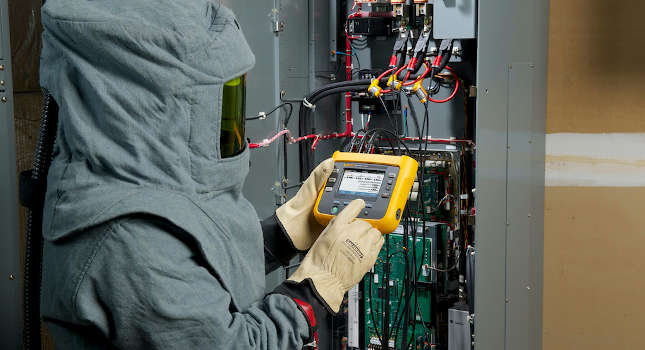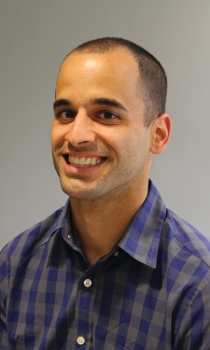ASQ study finds teachers aren't linking class work to engineering jobs
The recent American Society for Quality /Harris Interactive survey offers a mixed report card for America’s teachers when it comes to connecting math and science curriculum to future career opportunities in engineering or manufacturing. Asked what they thought of their science teachers, young people give U.S. K-12 teachers high marks for science smarts, but their grade drops significantly when it comes to connecting learning to STEM
(science, technology, engineering, and math) career options.
The survey shows 63% of youth say their teachers are not doing a good job of talking to them about engineering careers, and 42% feel their teachers aren’t good at showing them how science can be used in a career. The survey was aimed at uncovering how well teachers translate their knowledge and passion for science to getting kids excited about engineering and science careers.
In a separate ASQ survey fielded last year, professional engineers noted that teachers were a major influence in their decision to pursue the career, only slightly behind parents. The latest survey, fielded in December, asked 1,134 students in grades 3-12 to provide an A-F scaled report card on their science teachers’ skills in the classroom:
• The study finds 85% of students say their teachers deserve at least a "B" grade when it comes to knowledge about science topics with 55% giving them an "A."
• Nearly one third of students give their teachers a "C" or lower grade for making science more exciting and fun to learn and assigning fun hands-on projects in the classroom.
• Younger students (3-6 grades) rate their science teachers higher marks for making science exciting and hands-on than older students (7-12 grades) rate their science teachers.
Girls give lower marks for engineering encouragement
When teachers do promote engineering and science careers, they are doing it more with boys than girls.
• Girls (20%) are more likely than boys (12%) to give teachers a failing "F" grade for discussing engineering as a future career. The study finds 48% of girls give a C or lower grade for showing how science can be used in a future career, compared to 38% for boys.
• Eight in 10 students in grades 3-12 give their teachers at least a "B" for allocating equal attention to boys and girls in science class and half (50%) give them an "A."
Math/Science = Career Success?
• The study finds 72% of students in grades 3-12 think a person needs to do well in science and math to get a good paying job in the future.
• As students get older (grades 7-12) however, they are less likely to believe that science and math are necessary to getting a good paying job.
In recognition of National Engineers Week, February 14-20, the American Society for Quality invites local middle and high school teachers to bring an ASQ engineer into their classroom to promote engineering as a career. Educators can contact ASQ at 800-248-1946 to find an engineer volunteer in their area to speak to students.
"ASQ is committed to advancing professions who fall under the STEM (science, technology, engineering, and math) scope," said Peter Andres, ASQ president. "Our members consistently contribute their skills to community efforts, and encouraging students toward engineering careers to ensure a skilled future work force is a natural fit for ASQ."
ASQ has more than 14,000 engineer members who are concerned about ensuring a work force of skilled, highly educated engineers for the future. In addition, the initiative is in keeping with the Obama administration’s "Educate to Innovate" campaign – a nationwide effort by U.S. companies, foundations, nonprofits and science and engineering societies to help move America to the top of the pack in math and science education.
"This is the current work force’s opportunity to show how exciting engineering is as a career and to teach students that the latest mobile phone technology, efficient cars and other facets of America’s infrastructure are possible because of engineers," said Cheryl Birdsong-Dyer, ASQ member and engineer volunteer. "I’m excited to be one of those engineers available to inspire a future engineer."



